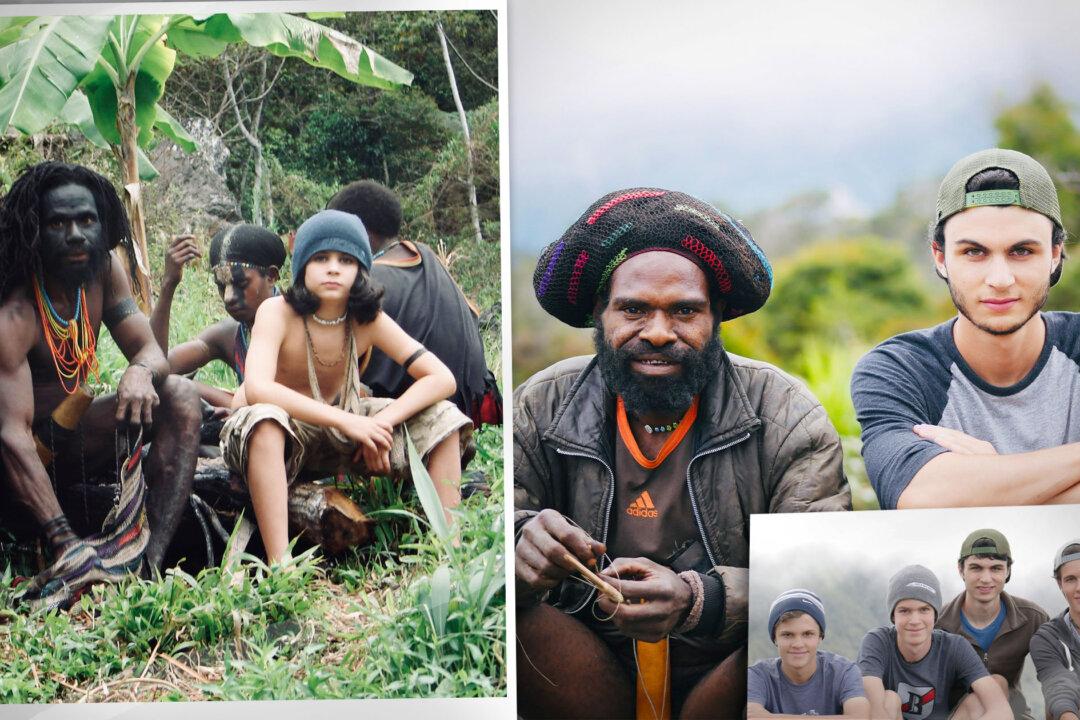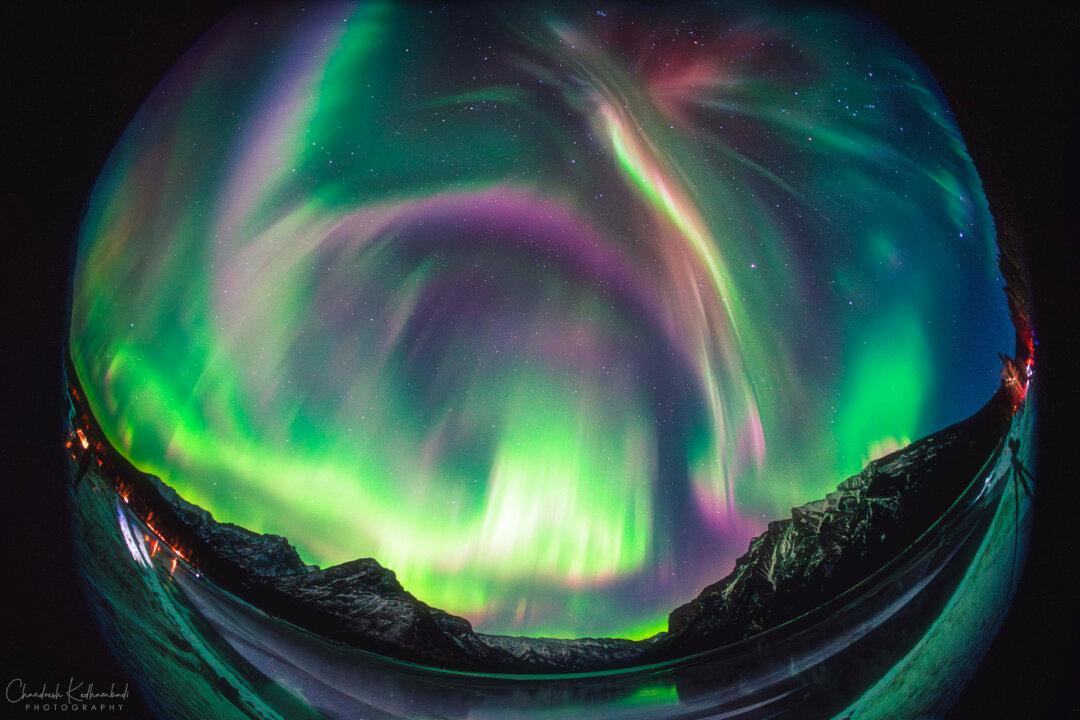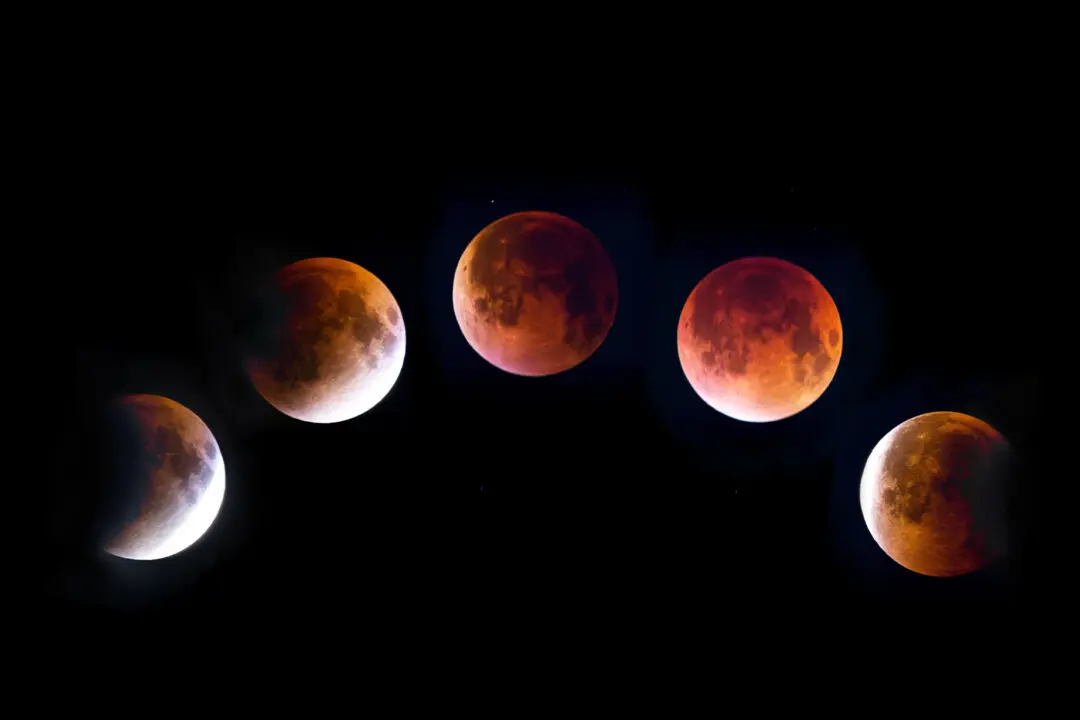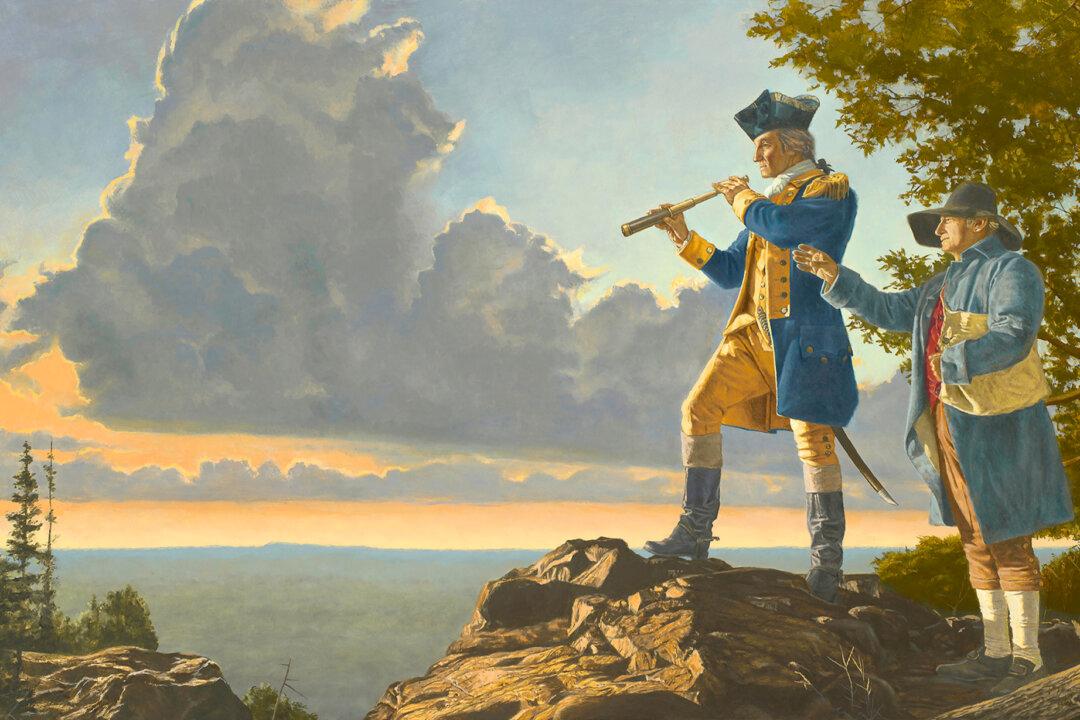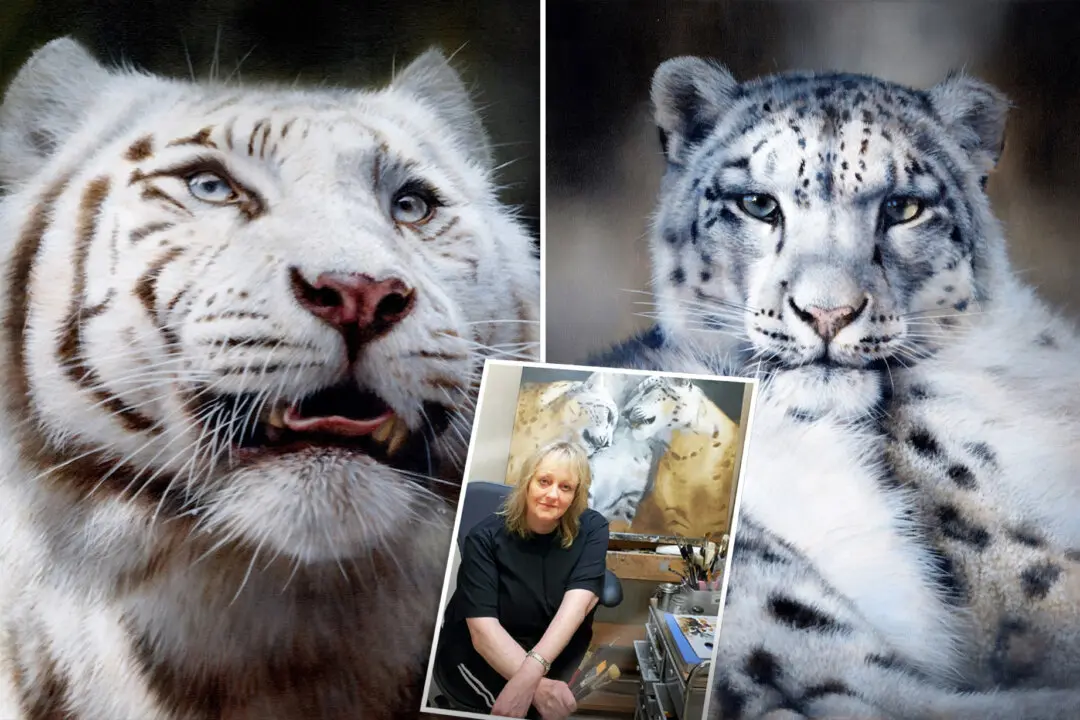The jungle was their playground—the harsh wilds of Indonesia their backyard. The hardy tribes-children of the Wano were the neighbors’ kids next door, whom they would call on, and it all seemed perfectly normal to them.
It sounds exotic. But living a real-life Jungle Book upbringing, the sons of American missionaries, for the Wild brothers, it was home. They were blessed with parents who saw it their mission to bring “the good news” halfway across the planet. They, in turn, experienced things few Stateside will ever know.

